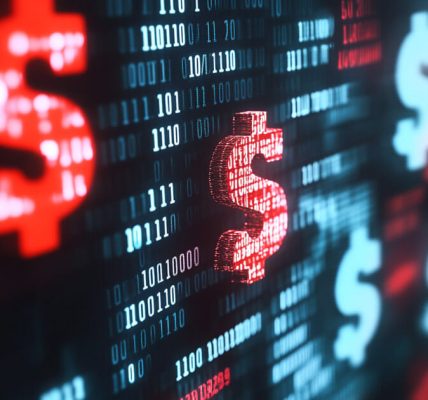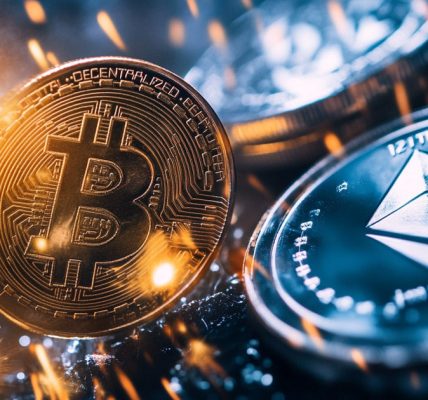

Hyperliquid, a layer-1 decentralized leveraged trading platform, saw its total value locked (TVL) plummet by over $1 billion in the past week.
This drop follows reports of suspicious activity tied to North Korean hackers.
According to CryptoSlate’s data, this has also resulted in a steep 20% fall in Hyperliquid’s native token value over the last 24 hours.
Record outflow
Data from DeFiLlama shows that Hyperliquid’s TVL has fallen 35% in the past week to $2.25 billion from the $3.45 billion recorded on Dec. 17.
On Dec. 23, Tom Wan, the Head of Data at Entropy Advisor, added to concerns by highlighting the significant withdrawal of $70 million USDC in a single day. He said this represents 3% of the platform’s bridged TVL.
Despite the sharp outflow, Wan noted that inflows and outflows appeared stable while emphasizing the importance of these metrics in assessing user confidence.
However, he linked the outflows to security concerns that emanated from the suspicious North Korean activity. He stated:
“While the net outflow may not yet indicate a larger trend, its impact depends heavily on the team’s communication and the measures they implement.”
North Korea links
On Dec. 23, web3 security expert Talor Monahan identified a surge in transactions from North Korea-linked addresses, sparking fears of a targeted attack.
According to Monahan, North Korean hackers have been testing Hyperliquid’s platform by conducting a series of transactions that resulted in losses of approximately $701,000.
Market observers fear that this pattern of activity suggests that the North Korean hackers are potentially gearing up for a more extensive and damaging operation. Thus, the series of transactions might be an attempt to familiarize themselves with the platform’s mechanics and weaknesses.
Meanwhile, these fears are not unfounded, considering a recent Chainalysis report showed that North Korean hackers stole $1.34 billion across 47 attacks in 2024—a dramatic increase from the $660 million recorded in 2023. This accounted for 61% of the total $2.2 billion stolen in 2024, with many attacks involving sums exceeding $50 million.
Mentioned in this article




